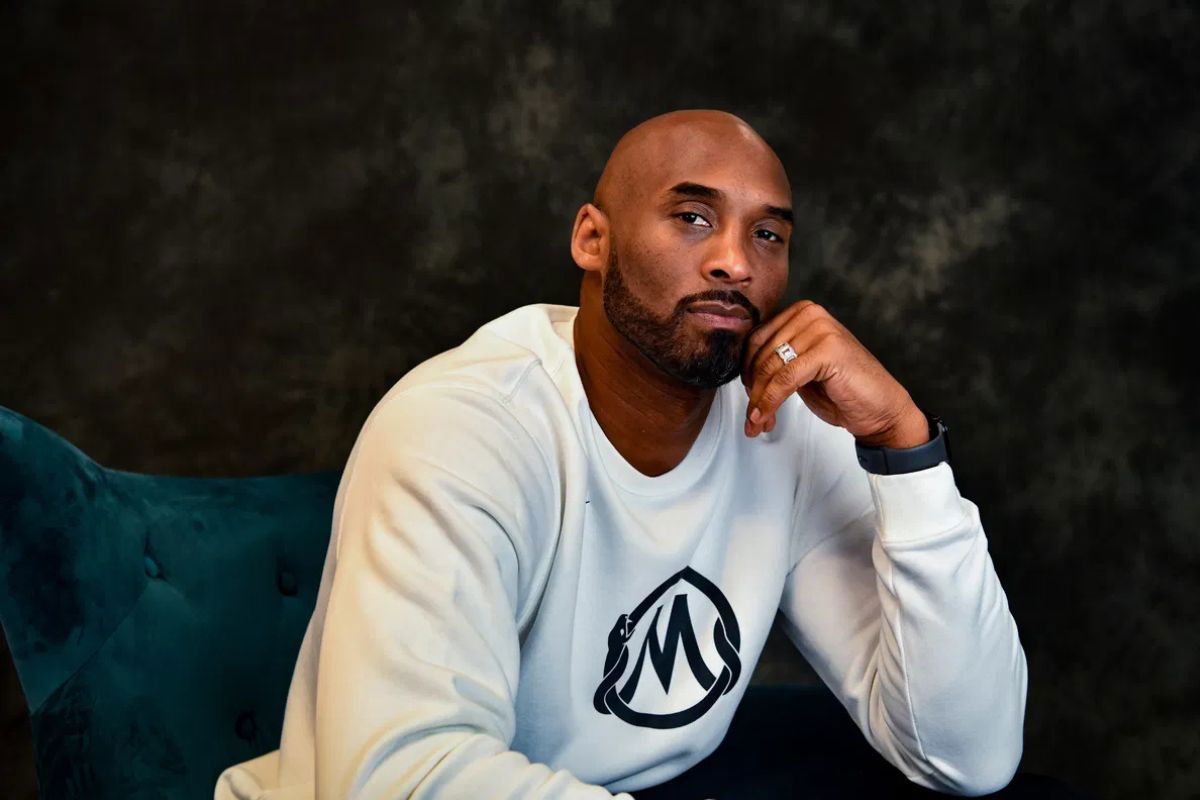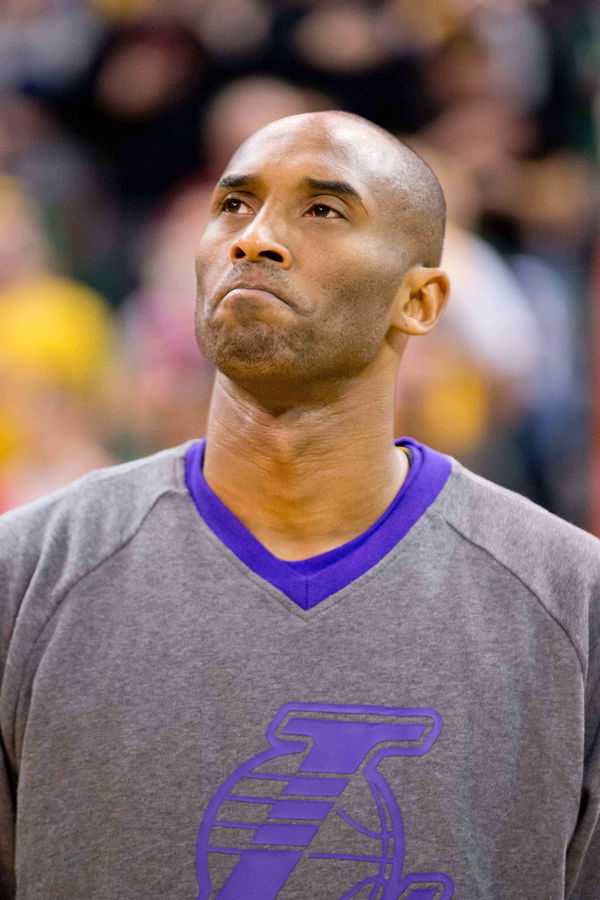
USA Today via Reuters
Kobe Bryant poses for a portrait inside of his office in Costa Mesa, California, on Jan. 17, 2020. Bryant, one of the greatest NBA players in history, is building an impressive resume in his post-basketball career, including winning an Academy Award.Syndication: USA TODAY

USA Today via Reuters
Kobe Bryant poses for a portrait inside of his office in Costa Mesa, California, on Jan. 17, 2020. Bryant, one of the greatest NBA players in history, is building an impressive resume in his post-basketball career, including winning an Academy Award.Syndication: USA TODAY
The same relentless perfectionism that drove Kobe Bryant on the court was the force behind his second act as a creator and storyteller. While many saw his Oscar win for Dear Basketball as a beautiful farewell, it was the result of a deliberate, calculated, and obsessive pursuit of excellence—a vision that later fueled his entire creative empire.
Watch What’s Trending Now!
Kobe’s journey into film began with a simple farewell poem, a heartfelt love letter to the game he published in The Players’ Tribune. But as author Jimmy Soni revealed on a podcast, for Kobe, a poem wasn’t enough. He wanted to do something more, something that would capture the grief of a body breaking down and the pain of saying goodbye to the game he loved.
ADVERTISEMENT
That’s when the vision for an animated short film took hold. In true Mamba fashion, he went after the best in the world, directly pitching his idea to legendary composer John Williams (yes, the same genius behind Hedwig’s Theme for all you Potterheads) and Pixar animator Glen Keane. According to Soni, Kobe told them, “Listen, I have this concept. I want to turn this into a film. I think it could be a short film, but I think it needs hand-drawn animation.”
He directly asked Williams to compose the score and was so determined to have him on board that he even waited while Williams was busy working on Star Wars. That patience paid off—Kobe went on to become the first and only athlete in history to win an Academy Award, accomplishing it with a project he conceived, developed, and brought to life entirely on his own.
ADVERTISEMENT
ADVERTISEMENT
Kobe Bryant won an Oscar for a poem / short film called Dear Basketball.
Here’s the backstory: When most athletes retire, they have a press conference with friends and family to announce their decision. Kobe wanted to do something different. Something more heartfelt. He wrote… pic.twitter.com/IFS5GpUUI6
— David Perell (@david_perell) August 27, 2025
But Kobe’s vision didn’t stop at that. His second act was far bigger than a single Oscar-winning film.
Kobe’s vision beyond basketball: the birth of Granity Studios
Kobe Bryant loved staring at a blank sheet, imagining characters, their names, legacies, and histories — even if those details never made it into the final story. As a “creator,” he wanted to know everything, and that curiosity often led him to big publishing houses for his novels. But ultimately, he rejected them all. As Soni explained, “He decided to create his own publishing company because they weren’t going to invest in the quality of the books that he wanted to do.”

USA Today via Reuters
Jan 16, 2016; Salt Lake City, UT, USA; Los Angeles Lakers forward Kobe Bryant (24) during the National Anthem prior to the game against the Utah Jazz at Vivint Smart Home Arena. The Jazz won 109-82. Mandatory Credit: Russ Isabella-USA TODAY Sports
For Kobe, the goal was always simple yet uncompromising: “What’s the highest quality thing we could do?” That relentless pursuit of perfection drove every decision. Soni even recalled how Kobe once spent two full weeks with his team redesigning the barcode on one of his books—just so it would “blend more fluidly and elegantly into the backdrop.” No traditional publisher was going to invest that kind of time or resources, and that’s exactly how Granity Studios was born.
Even after Kobe Bryant’s tragic passing in 2020, his creative legacy continued to shine through Granity. A trio of its books dominated the New York Times’ Middle Grade Hardcover Best-Seller list for Feb. 16, 2020. Sitting at No. 1 was “Epoca: The Tree of Ecrof”, followed by “Legacy and the Queen” and “The Wizenard: Training Camp”. All three were written for kids aged 10 to 14, and Kobe’s vision behind them was clear. Back in a 2018 interview with The Associated Press, he explained it perfectly: “to combine education and inspiration and build around the concepts of what kids go through when they are playing a sport.”
But Kobe’s creative impact didn’t stop there. His book “The Mamba Mentality: How I Play” shot up to No. 1 on Amazon’s nonfiction charts that same week. Released in 2018 — the very same year he won his Academy Award for “Dear Basketball” — the book gave fans a rare inside look at his approach to the game. Beyond books, Granity Studios also produced a podcast series called “The Punies” and the ESPN show Detail, both designed to inspire people through the perfect blend of creativity and education.
ADVERTISEMENT
ADVERTISEMENT
ADVERTISEMENT
ADVERTISEMENT